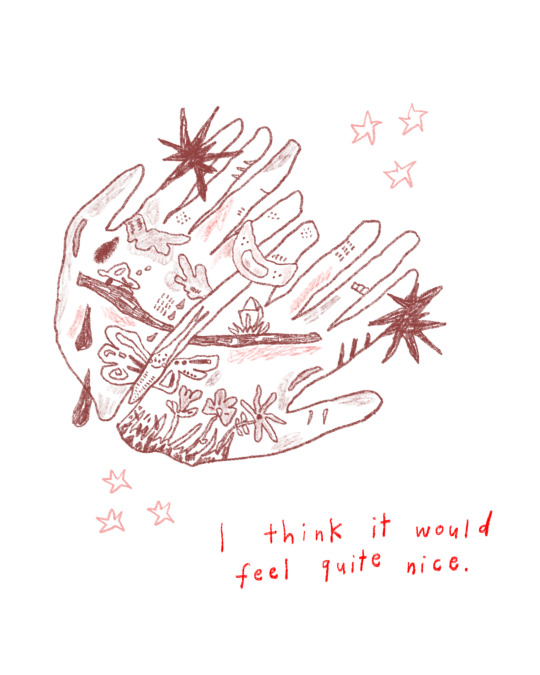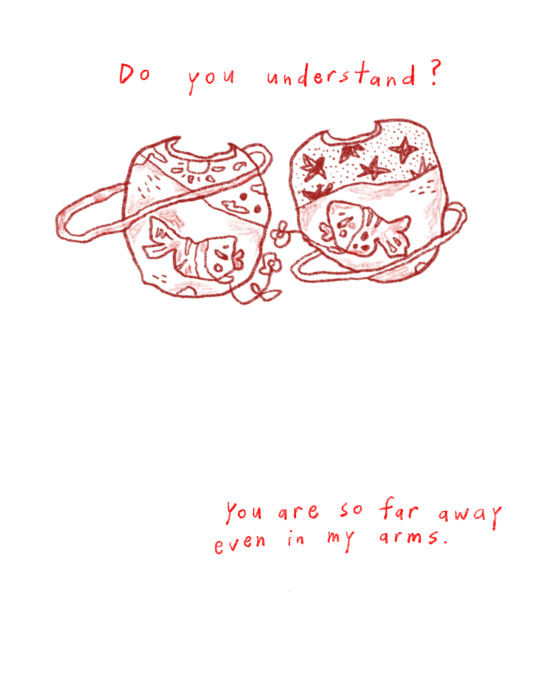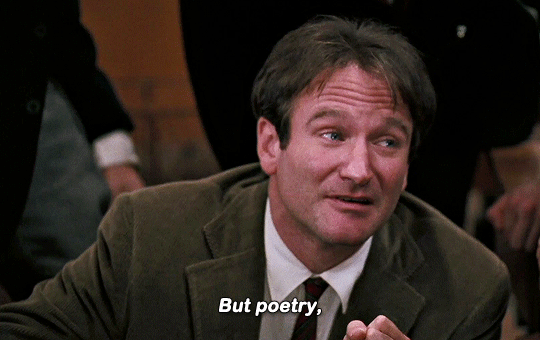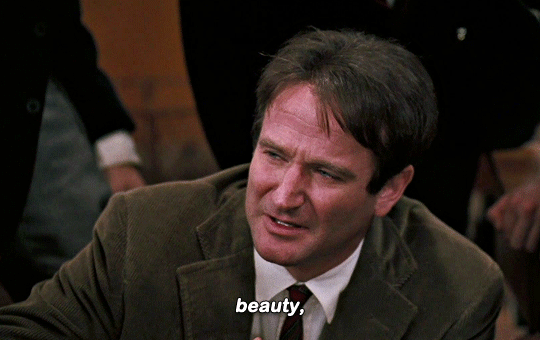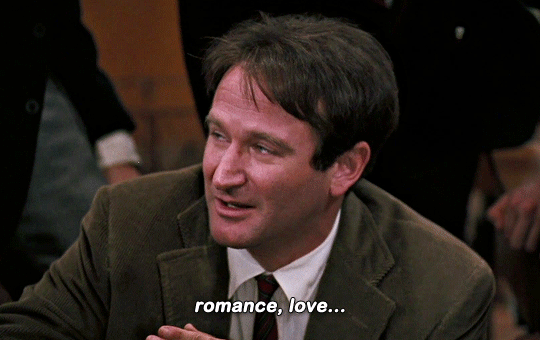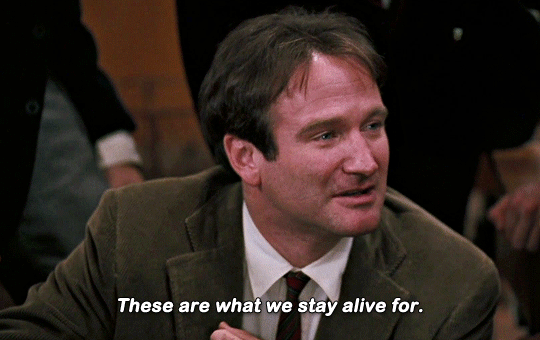Welcome To The Losers Club, Asshole //Livi 🌻//21//Reddie Trash
Don't wanna be here? Send us removal request.
Text




oh natalie magdalene scatorccio how I love u
3K notes
·
View notes
Text
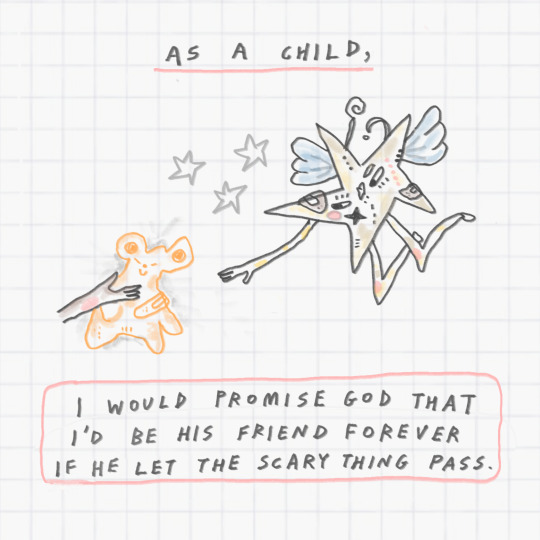





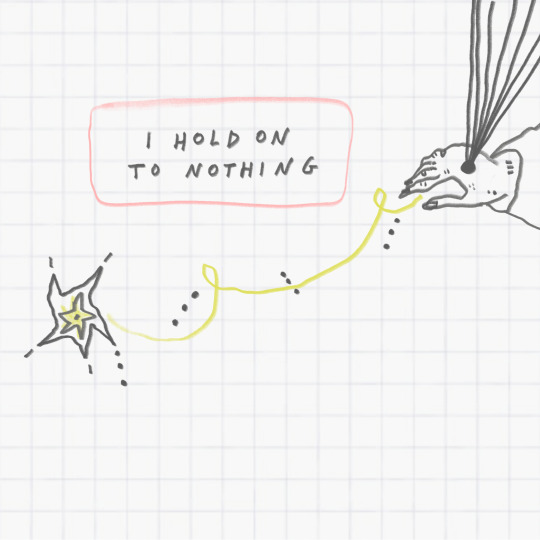


god guilt / shame that still gnaws at me today and won’t go away (ig: inkipri)
945 notes
·
View notes
Text

become the biggest little rebel… defy defy defy then wash ur face with it
1K notes
·
View notes
Text
"if i was orpheus i would simply not turn around" yes you would. if you were orpheus and you loved eurydice, you would. to love someone is to turn around. to love someone is to look at them. whichever version of the myth — he hears her stumble, he can't hear her at all, he thinks he's been tricked — he turns around because he loves her. that's why it's a tragedy. because he loves her enough to save her. because he loves her so much he can't save her. because he will always, always turn around. "if i was orpheus i would simply —" you wouldn't be orpheus. you wouldn't be brave enough to walk into the underworld and save the person you love. be serious
88K notes
·
View notes
Text
In the past I've shared other people's musings about the different interpretations of the myth of Orpheus and Eurydice. Namely, why Orpheus looks back at Eurydice, even though he knows it means he'll lose her forever. So many people seem to think they've found the one true explanation of the myth. But to me, the beauty of myths is that they have many possible meanings.
So I thought I would share a list of every interpretation I know, from every serious adaptation of the story and every analysis I've ever heard or read, of why Orpheus looks back.
One interpretation – advocated by Monteverdi's opera, for example – is that the backward glance represents excessive passion and a fatal lack of self-control. Orpheus loves Eurydice to such excess that he tries to defy the laws of nature by bringing her back from the dead, yet that very same passion dooms his quest fo fail, because he can't resist the temptation to look back at her.
He can also be seen as succumbing to that classic "tragic flaw" of hubris, excessive pride. Because his music and his love conquer the Underworld, it might be that he makes the mistake of thinking he's entirely above divine law, and fatally allows himself to break the one rule that Hades and Persephone set for him.
Then there are the versions where his flaw is his lack of faith, because he looks back out of doubt that Eurydice is really there. I think there are three possible interpretations of this scenario, which can each work alone or else co-exist with each other. From what I've read about Hadestown, it sounds as if it combines all three.
In one interpretation, he doubts Hades and Persephone's promise. Will they really give Eurydice back to him, or is it all a cruel trick? In this case, the message seems to be a warning to trust in the gods; if you doubt their blessings, you might lose them.
Another perspective is that he doubts Eurydice. Does she love him enough to follow him? In this case, the warning is that romantic love can't survive unless the lovers trust each other. I'm thinking of Moulin Rouge!, which is ostensibly based on the Orpheus myth, and which uses Christian's jealousy as its equivalent of Orpheus's fatal doubt and explicitly states "Where there is no trust, there is no love."
The third variation is that he doubts himself. Could his music really have the power to sway the Underworld? The message in this version would be that self-doubt can sabotage all our best efforts.
But all of the above interpretations revolve around the concept that Orpheus looks back because of a tragic flaw, which wasn't necessarily the view of Virgil, the earliest known recorder of the myth. Virgil wrote that Orpheus's backward glance was "A pardonable offense, if the spirits knew how to pardon."
In some versions, when the upper world comes into Orpheus's view, he thinks his journey is over. In this moment, he's so ecstatic and so eager to finally see Eurydice that he unthinkingly turns around an instant too soon, either just before he reaches the threshold or when he's already crossed it but Eurydice is still a few steps behind him. In this scenario, it isn't a personal flaw that makes him look back, but just a moment of passion-fueled carelessness, and the fact that it costs him Eurydice shows the pitilessness of the Underworld.
In other versions, concern for Eurydice makes him look back. Sometimes he looks back because the upward path is steep and rocky, and Eurydice is still limping from her snakebite, so he knows she must be struggling, in some versions he even hears her stumble, and he finally can't resist turning around to help her. Or more cruelly, in other versions – for example, in Gluck's opera – Eurydice doesn't know that Orpheus is forbidden to look back at her, and Orpheus is also forbidden to tell her. So she's distraught that her husband seems to be coldly ignoring her and begs him to look at her until he can't bear her anguish anymore.
These versions highlight the harshness of the Underworld's law, and Orpheus's failure to comply with it seems natural and even inevitable. The message here seems to be that death is pitiless and irreversible: a demigod hero might come close to conquering it, but through little or no fault of his own, he's bound to fail in the end.
Another interpretation I've read is that Orpheus's backward glance represents the nature of grief. We can't help but look back on our memories of our dead loved ones, even though it means feeling the pain of loss all over again.
Then there's the interpretation that Orpheus chooses his memory of Eurydice, represented by the backward glance, rather than a future with a living Eurydice. "The poet's choice," as Portrait of a Lady on Fire puts it. In this reading, Orpheus looks back because he realizes he would rather preserve his memory of their youthful, blissful love, just as it was when she died, than face a future of growing older, the difficulties of married life, and the possibility that their love will fade. That's the slightly more sympathetic version. In the version that makes Orpheus more egotistical, he prefers the idealized memory to the real woman because the memory is entirely his possession, in a way that a living wife with her own will could never be, and will never distract him from his music, but can only inspire it.
Then there are the modern feminist interpretations, also alluded to in Portrait of a Lady on Fire but seen in several female-authored adaptations of the myth too, where Eurydice provokes Orpheus into looking back because she wants to stay in the Underworld. The viewpoint kinder to Orpheus is that Eurydice also wants to preserve their love just as it was, youthful, passionate, and blissful, rather than subject it to the ravages of time and the hardships of life. The variation less sympathetic to Orpheus is that Euyridice was at peace in death, in some versions she drank from the river Lethe and doesn't even remember Orpheus, his attempt to take her back is selfish, and she prefers to be her own free woman than be bound to him forever and literally only live for his sake.
With that interpretation in mind, I'm surprised I've never read yet another variation. I can imagine a version where, as Orpheus walks up the path toward the living world, he realizes he's being selfish: Eurydice was happy and at peace in the Elysian Fields, she doesn't even remember him because she drank from Lethe, and she's only following him now because Hades and Persephone have forced her to do so. So he finally looks back out of selfless love, to let her go. Maybe I should write this retelling myself.
Are any of these interpretations – or any others – the "true" or "definitive" reason why Orpheus looks back? I don't think so at all. The fact that they all exist and can all ring true says something valuable about the nature of mythology.
26K notes
·
View notes
Photo
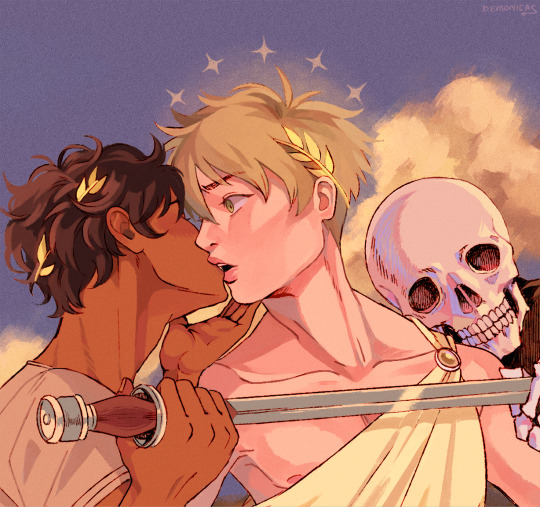
achilles it’s a pointless resistance for you
14K notes
·
View notes
Text
my personal list of greek myth retellings that are actually good and do something interesting with the myth:
The King Must Die and The Bull from the Sea, Mary Renault
Cassandra: A Novel and Four Essays, Christa Wolf
The Penelopiad, Margaret Atwood
The Lost Books of the Odyssey, Zachary Mason
Here the World Entire, Anwen Kya Hayward
Weight: The Myth of Atlas and Heracles, Jeanette Winterson
Achilles, Elizabeth Cook
Memorial: An Excavation of the Iliad, Alice Oswald
Averno, Louise Glück
Autobiography of Red, Anne Carson
Antigonick, Anne Carson
Oresteia, Robert Icke
Antigone, Jean Anouilh
Eurydice, Sarah Ruhl
Girl on an Altar, Marina Carr
Los Reyes, Julio Cortázar
Hadestown, Anaïs Mitchell
O Brother Where Art Thou, Coen Brothers
honorable mention to Ursula K. Le Guin's Lavinia which doesn't count on a technicality
8K notes
·
View notes
Text
Word of mouth really kept me away from Scott Pilgrim for like a decade cause I was told it's this shitty book aimed at incels and he's a pedo and then I read it recently cause of the netflix anime and it's like "this guy sucks and all his friends barely tolerate him and he's trying to feel like a big man by leading on a 17 year old girl he's not actually interested in and everyone including the narrative acknowledges that that's pathetic and he should grow up. anyway let's explore how men see women as a means to their own self actualization but fail to acknowledge that they have lives of their own" like wow this is the book yall were talking about?
51K notes
·
View notes
Text




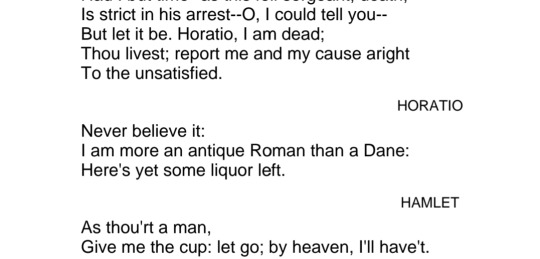

on tragic heroes and the people who'd follow them anywhere.
tumblr textpost// Anne Carson, An Oresteia// Madeline Miller, The Song of Achilles// Victor Hugo, Les Miserables// William Shakespeare, Hamlet// Anne Carson, An Oresteia
9K notes
·
View notes
Text
I think my favourite greek tragedies are the ones that. Sum up human nature in all its beauty and grit and ugliness and love and idk if what I'm saying makes sense but. Orpheus turning back to look at Eurydice. Icarus flying too close to the sun. Achilles sending Patroclus to his death in his own armour.
You get it you get the themes you get the poetry tattooed on the skin of all these stories. Humans at their best. at their worst. Humans existing and feeling and tragedy arising from the desperation that is so inherent to human emotion.
421 notes
·
View notes
Text
How I feel having shipped Nick and Ziggy in Fear Street 1978, after watching 1666
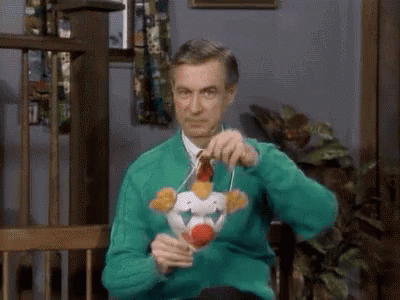
2K notes
·
View notes
Text
I’m in a Fear Street mood and I noticed this while re-watching pt. 2

Notice how the whispers to Tommy are a man’s voice…


And the whispers to Cindy and Alice is a woman’s voice.
The man’s voice turned Tommy into the Nightwing Camp Killer

Cindy’s voice told her about the tunnels that helped her escape Tommy’s attack.

and Alice’s voice told her the horrors of the Shadyside Curse

Conclusion, the man whispering to Tommy is Nick/the Devil calling to him to be the newest vessel, whilst the woman whispering is Sarah Fier, trying to warn Cindy about the upcoming massacre and telling her about the tunnels in order to escape whilst also trying to show Alice the truth about the curse.
In further conclusion, Sarah Fier is a protective, Shadysider Queen and Nick Goode can suck it
5K notes
·
View notes
Text
remember when we were all laughing at how ziggy survived multiple stab wounds with the help of nick’s cpr?? what if she survived cause the goodes always get what they want and young nick wanted ziggy

5K notes
·
View notes



